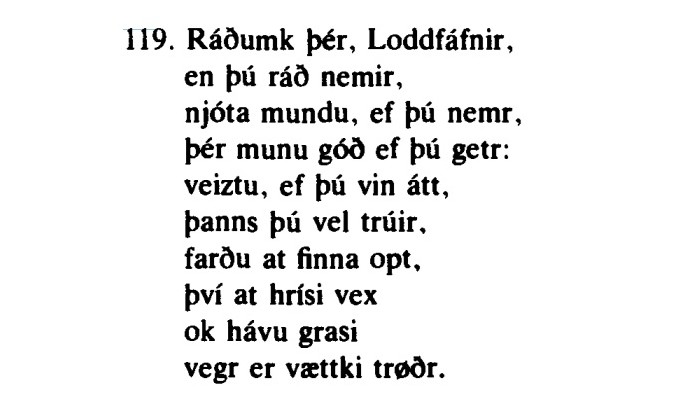Ginger Rogers? Ann Richards? Bob Thaves? Ronald Reagan? Faith Whittlesey? Liz Carpenter?

Question for Quote Investigator: The U.S. entertainer Fred Astaire won high praise as a magnificent dancer. Astaire’s partner Ginger Rogers also achieved acclaim, but she did not achieve the same level of celebrity. A humorous feminist line compares the capabilities of the two:
Of course, Fred Astaire was a wonderful dancer, but Ginger Rogers did everything he did backwards and in high heels.
I do not know the exact phrasing. This line has been credited to Texas politician Ann Richards, cartoonist Bob Thaves, U.S. President Ronald Reagan, and Ginger Rogers herself. I have not seen a solid citation. Would you please explore the provenance of this remark?
Reply from Quote Investigator: The earliest match known to QI appeared on May 3, 1982, in the comic strip “Frank & Ernest” by Bob Thaves. The strip showed three characters looking at a sign for a “Fred Astaire Film Festival”. One character says the following:1
SURE HE WAS GREAT, BUT DON’T FORGET THAT GINGER ROGERS DID EVERYTHING HE DID, … BACKWARDS AND IN HIGH HEELS.
QI believes that Bob Thaves is the most likely creator of this quip. Ronald Reagan used a version of the line during a speech in 1986. Ann Richards used a version during a speech in 1988.
Below are additional selected citations in chronological order.
Continue reading “Quote Origin: Sure, He Was Great, But Don’t Forget That Ginger Rogers Did Everything He Did Backwards and in High Heels”








